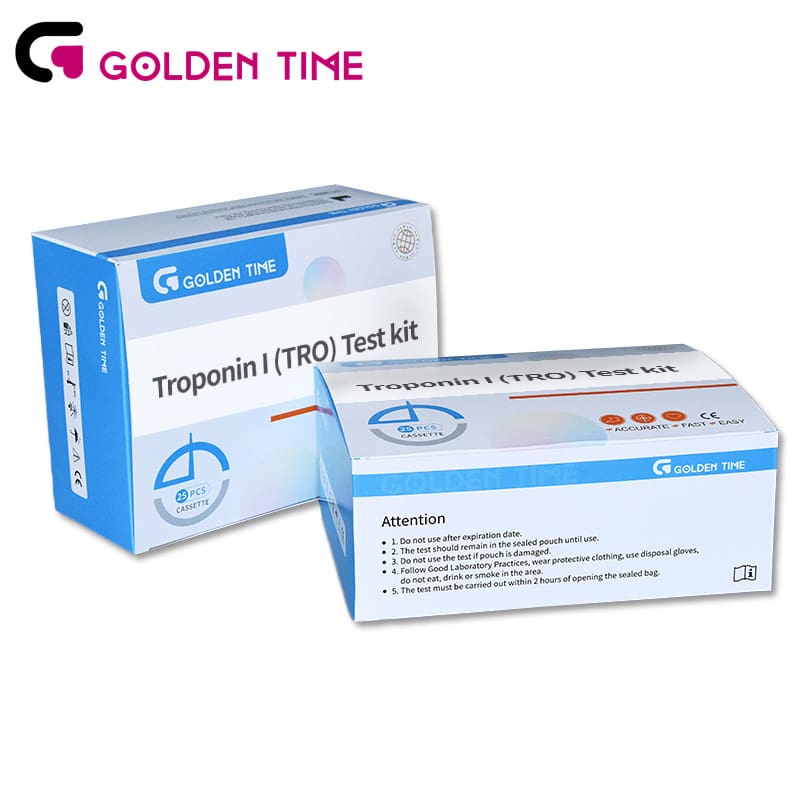Sep . 04, 2024 00:56 Back to list
fsh and lh test
Understanding the FSH and LH Test What You Need to Know
The Follicle-Stimulating Hormone (FSH) and Luteinizing Hormone (LH) test is a crucial diagnostic tool in assessing reproductive health in both men and women. These two hormones, produced by the pituitary gland in the brain, play a vital role in regulating the menstrual cycle, ovulation, and the production of sperm.
What are FSH and LH?
FSH is primarily responsible for stimulating the growth of ovarian follicles in females and promoting sperm production in males. LH, on the other hand, triggers ovulation in females and stimulates testosterone production in males. Together, these hormones are essential for fertility, and their balance is vital for reproductive health.
Why is the FSH and LH Test Conducted?
Healthcare providers often recommend the FSH and LH test for various reasons, including
1. Assessing Infertility If a couple is experiencing difficulties conceiving, measuring levels of FSH and LH can provide insights into potential hormonal imbalances that may be affecting fertility.
2. Evaluating Ovarian Function For women, abnormal levels of FSH and LH can indicate issues with ovarian function, such as polycystic ovary syndrome (PCOS) or early menopause.
fsh and lh test

3. Identifying Pituitary Disorders Since the pituitary gland controls the production of these hormones, testing their levels can help identify conditions such as pituitary tumors or other disorders that affect hormone regulation.
4. Monitoring Hormone Replacement Therapy For individuals undergoing hormone replacement therapy, regular monitoring of FSH and LH levels can ensure that therapy is effective and adjusted as necessary.
How is the Test Performed?
The FSH and LH test typically involves a simple blood draw. In women, it is often conducted on specific days of the menstrual cycle to yield the most accurate results, usually on the third day of the cycle. For men, testing can be done at any time.
Interpreting the Results
The results of the FSH and LH test can vary based on age, sex, and specific individual health conditions. Generally, higher levels of FSH may indicate a reduced ovarian reserve in women, while low levels of LH could suggest issues with pituitary function. A combination of these levels, alongside symptoms and medical history, assists healthcare providers in making accurate diagnoses.
Conclusion
The FSH and LH test is a valuable component in the assessment of reproductive health. Understanding its significance can empower individuals to seek appropriate medical help for infertility and other hormonal issues. Always consult with a healthcare provider for personalized advice based on test results and overall health.
-
Dengue NS1 Rapid Diagnostic Test Kit
NewsMar.07,2025
-
Dengue NS1 Rapid Diagnostic Test Kit
NewsMar.07,2025
-
Dengue NS1 Rapid Diagnostic Test Kit
NewsMar.07,2025
-
Transferrin Rapid Test Cassette Tumor Marker TF Card
NewsMar.07,2025
-
Malaria Pf Pan Rapid Diagnostic Test Kit
NewsMar.07,2025
-
malaria pf / pan ag rapid test
NewsMar.07,2025

